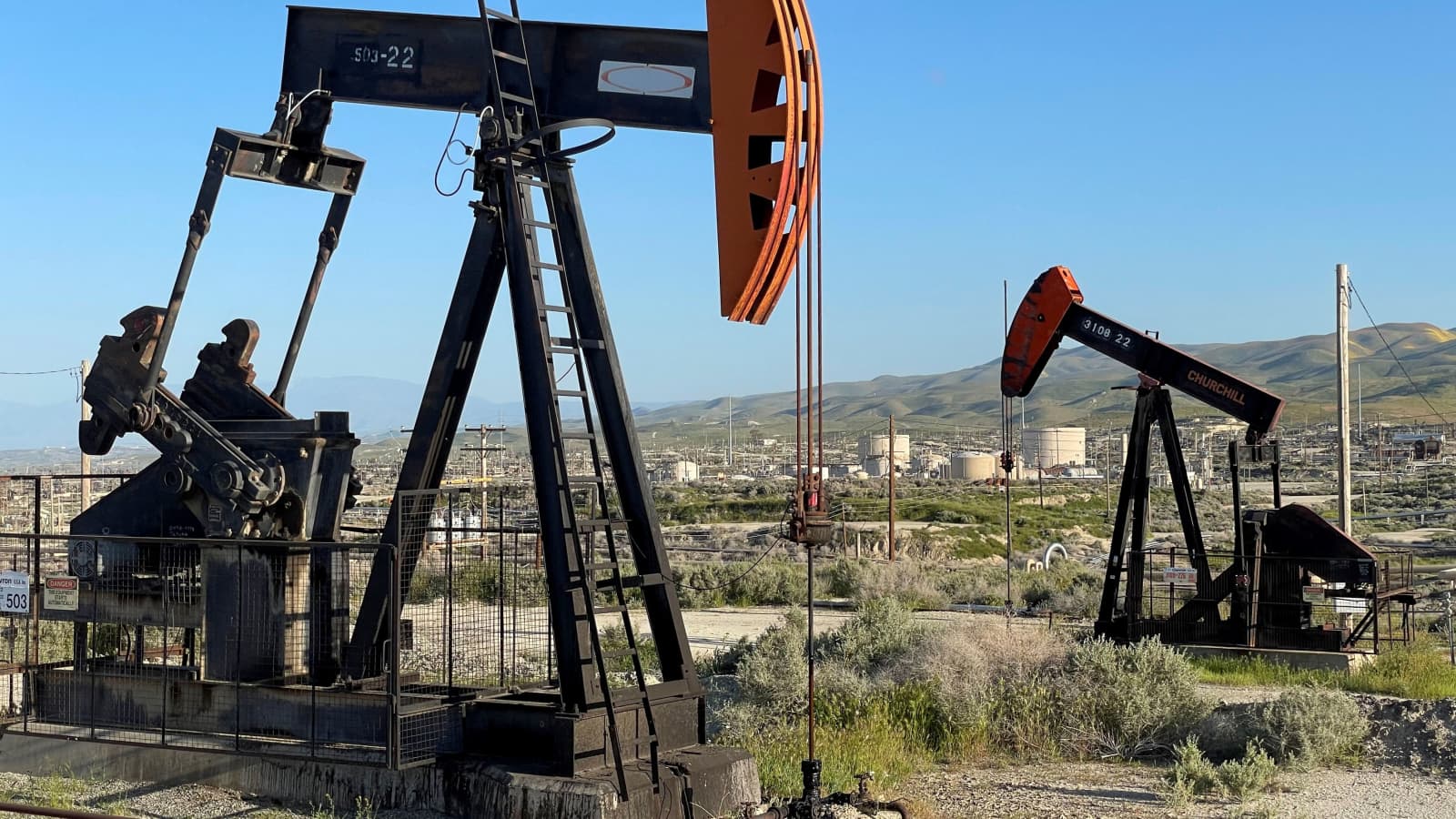Oil rose Wednesday as investors weighed the implications of Palestine-Israel clashes on crude-supplying nations in the Middle East region.
Brent crude futures edged up 0.5% to $88.1 as of 11:00 am GST, while the US West Texas Intermediate (WTI) crude was up 0.4% at $86.3 around the same time.
Both benchmarks surged over 4% Monday, as the Palestine-Israel clashes fueled worries that the conflict could spread beyond Gaza.
However, both grades reacted on Tuesday, with Brent dropping 50 cents to settle at $87.65 a barrel, while WTI slipped 41 cents to settle at $85.97 a barrel in New York.
"There is still a risk that this escalates, particularly if there is any Iranian involvement. Under this scenario, stronger enforcement of US sanctions on Iranian oil would tighten up the oil market through 2024," said Warren Patterson and Ewa Manthey, analysts from ING bank, in a note cited by Reuters.
Iran is complicit, but credible evidence of its role in the Palestine-Irael clashes has yet to emerge.
Top oil exporter Saudi Arabia reiterated its support for efforts by OPEC+ to balance oil markets and for “everything” that would contribute to boosting the growth of the global economy, the state-run Saudi Press Agency said Tuesday. The kingdom added it is stepping up efforts with partners to prevent the escalation of the situation in Gaza.
China is studying new measures to help meet its official economic growth target, which could drive up demand in the biggest oil importer. An announcement could be made this month, people familiar with the matter told Bloomberg.
The dollar index eased Wednesday to 105.8 as traders are awaiting the US Federal Reserve's September policy meeting minutes due later on Wednesday. A weaker dollar makes crude cheaper for holders of other currencies, which could boost oil demand.
Separately, Venezuela and the US have advanced their talks over possibly providing sanctions relief to Caracas by allowing at least one additional foreign oil firm to take Venezuelan crude oil under some conditions.
The Organization of the Petroleum Exporting Countries (OPEC) expects world oil demand to reach 116 million barrels a day (bpd) by 2045, around six million bpd higher than projected in last year's report, with growth driven by China, India, other Asian countries, Africa, and the Middle East.











